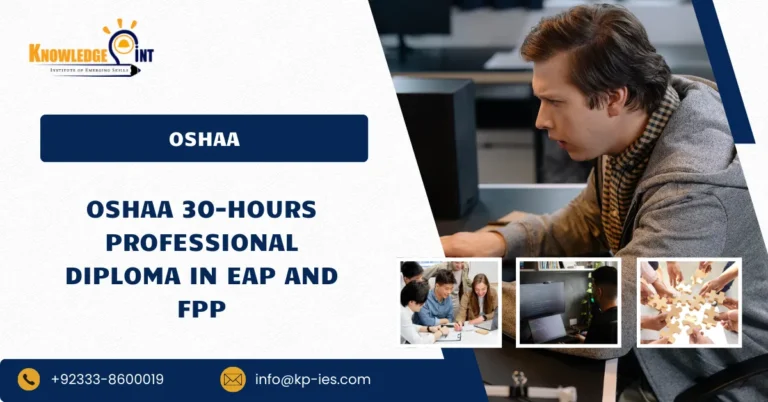Qualifi Level 5 Extended Diploma
Accounting and Finance
Awarding Body
Qualifi
Credits
240 credits
Course Type
Ofqual Regulated
study mode
Online Learning
Course overview
The Qualifi Level 5 Extended Diploma in Accounting and Finance is a comprehensive qualification designed for individuals who are aiming to deepen their understanding of financial management, accounting principles, and business strategy. Building on foundational knowledge, this diploma provides learners with advanced skills in financial reporting, budgeting, management accounting, and financial decision-making. It is ideal for those aspiring to pursue a career in accounting, finance, or business management, or those seeking to progress to higher-level studies in the field.
This qualification equips students with the practical tools and theoretical insights necessary to analyze financial information, manage financial systems, and support strategic decision-making within an organization. It also explores key topics such as financial risk, taxation, auditing, and the legal environment in which financial professionals operate. With a strong emphasis on real-world application, the course prepares learners to navigate the challenges and responsibilities of working in finance-related roles.
One of the key advantages of the Qualifi Level 5 Extended Diploma is its global recognition and alignment with industry standards, which enhances employability and professional credibility. The diploma is structured to promote independent learning, critical thinking, and problem-solving—skills that are essential in today’s competitive financial landscape. Moreover, it provides a flexible learning path, often available through online or blended formats, allowing learners to balance their studies with personal and professional commitments.
Upon completion, graduates can progress to a final year of a relevant undergraduate degree at a university or pursue further professional qualifications such as ACCA, CIMA, or CPA. Career-wise, it opens doors to roles such as financial analyst, management accountant, tax advisor, payroll manager, and financial controller.
In a world where financial literacy and accountability are more important than ever, the Qualifi Level 5 Extended Diploma in Accounting and Finance provides learners with the knowledge, confidence, and skills to succeed and grow in a dynamic and essential industry.

Approved Training centre of Qualifi
For Qualifi Qualifications

Entry Requirments
Entry Requirements for the Qualifi Level 5 Extended Diploma in Accounting and Finance.
- Educational Qualifications:Applicants should typically hold a Level 4 qualification or equivalent in accounting, finance, business, or a related discipline. Relevant international qualifications may also be considered.
- Professional Experience:Applicants without a formal Level 4 qualification may be considered if they have relevant work experience in accounting, finance, bookkeeping, or administrative roles involving financial responsibilities.
- English Language Proficiency:Applicants must demonstrate a suitable level of English language proficiency, typically equivalent to IELTS 5.5 or above, or provide evidence of prior study or professional experience conducted in English.
Course structure
The Qualifi Level 5 Extended Diploma in Accounting and Finance consists of 12 mandatory units which are as follows.






